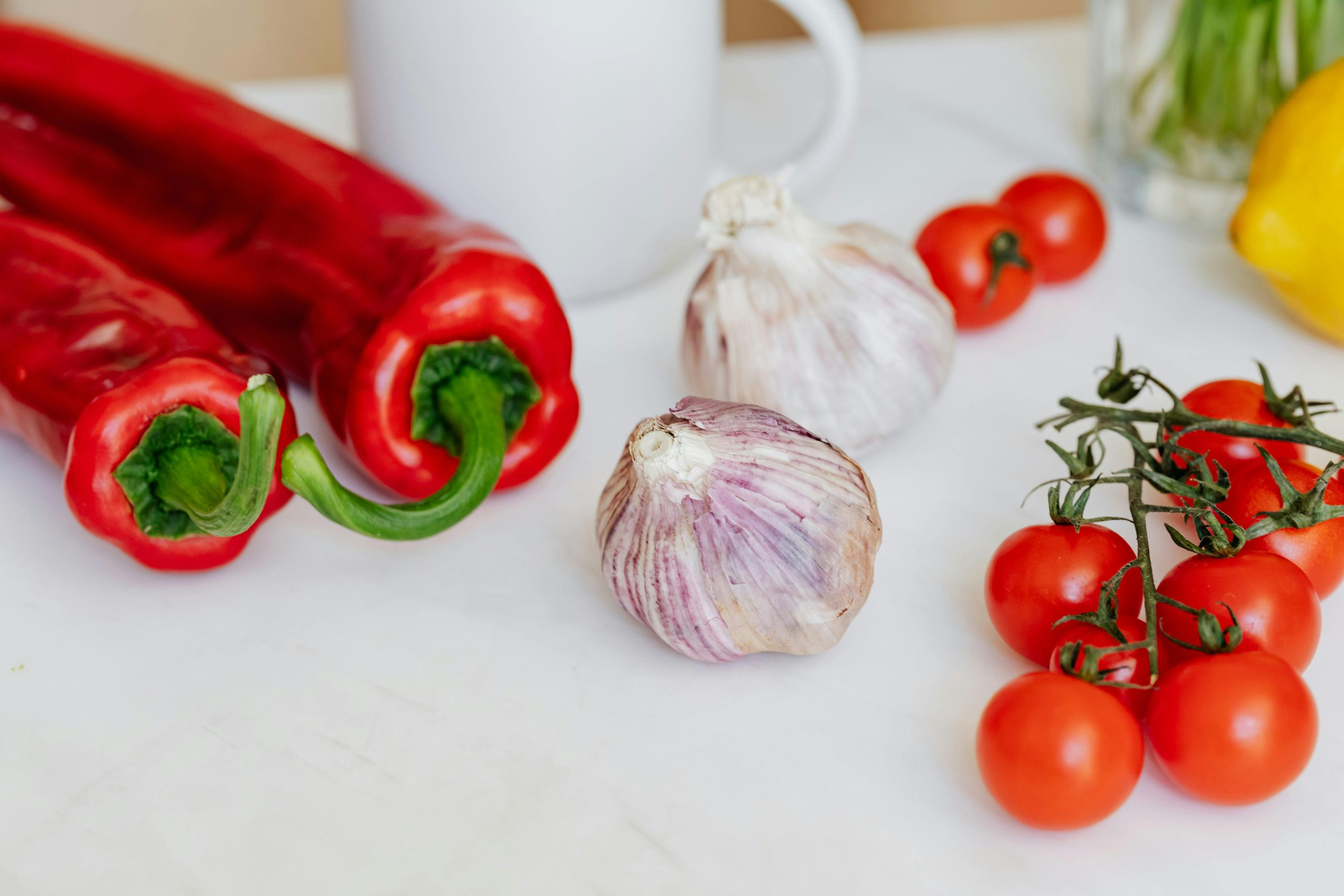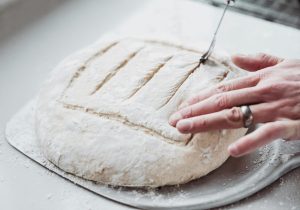Energy-Efficient Meal Preparation: Saving Power in the Kitchen
*/
In today’s fast-paced world, saving time and energy is a top priority for many people. With the increasing costs of utilities, energy efficiency has also become a major concern. In the kitchen, meal preparation is a daily task that not only consumes a lot of time but also requires a significant amount of energy. From using multiple appliances to cooking on high heat, preparing meals can be quite energy-intensive. However, by making a few simple changes in our meal preparation habits, we can save power and reduce our carbon footprint. In this article, we will explore some energy-efficient meal preparation techniques that can help you to save power in the kitchen.
Energy-Efficient Cooking Methods
The type of cooking method we use plays a crucial role in determining the amount of energy used in the kitchen. By opting for energy-efficient cooking methods, we can significantly reduce our energy consumption. Here are some examples:
1. Use the Right-Sized Cookware
Using oversized cookware on small burners can lead to a lot of heat loss. On the other hand, using small cookware on large burners can also cause heat to spread beyond the bottom of the pot or pan, resulting in energy wastage. Therefore, using the right-sized cookware is essential for an energy-efficient kitchen. Choose cookware with flat bottoms that match the size of your burner for optimal heat transfer and reduced cooking time.
2. Opt for Quick and Efficient Cooking Appliances
The appliances we use for cooking can also have a significant impact on our energy consumption. Pressure cookers, slow cookers, and microwave ovens are some of the most energy-efficient cooking appliances available. By using them, we can reduce our cooking time and save energy simultaneously. Pressure cookers, in particular, are known to use 50-70% less energy than traditional stovetop cooking methods.
Energy-Efficient Food Preparation Techniques
Besides cooking methods, how we prepare our food also affects our overall energy consumption. By incorporating energy-efficient food preparation techniques, we can reduce our kitchen power usage and also save time. Here are some tips:
1. Thaw Food in the Fridge
Thawing frozen food in the fridge is a more energy-efficient method compared to using hot water or leaving it out on the counter. This method requires advance planning, but it can save a considerable amount of energy and ensure food safety by reducing the risk of bacterial growth.
2. Use One Appliance for Multiple Tasks
Instead of using multiple appliances for different food preparation tasks, try to use one for multiple tasks. For example, use a food processor to chop vegetables and mix ingredients for a recipe, instead of using a separate blender and knife. This not only reduces energy consumption but also saves time on cleanup.
Additional Tips for an Energy-Efficient Kitchen
Apart from the cooking and food preparation methods, here are some additional tips that can help you save power in the kitchen:
1. Keep the Oven Door Closed
Opening the oven door while cooking can cause a significant amount of heat loss and prolong the cooking time. It is recommended to only open the oven door when necessary and check on the food through the oven window instead.
2. Use Energy-Saving Settings on Appliances
Many modern appliances come with energy-saving settings such as low-power mode, timer settings, and auto shut-off. Utilize these features to further reduce your energy consumption in the kitchen.
3. Switch to Energy-Efficient Light Bulbs
In addition to cooking and food preparation, lighting is another aspect that contributes to the overall energy consumption in the kitchen. Switch to energy-efficient light bulbs, such as LED or CFL bulbs, to save energy and reduce your electricity bills.
Conclusion
In conclusion, meal preparation is an essential daily task that can use a significant amount of energy in the kitchen. By adopting energy-efficient cooking methods and food preparation techniques, along with implementing small changes in our daily habits, we can reduce our kitchen’s power usage and contribute to a greener environment. So the next time you step into the kitchen to prepare your meals, remember these tips and make a conscious effort to save power in an energy-efficient kitchen.










